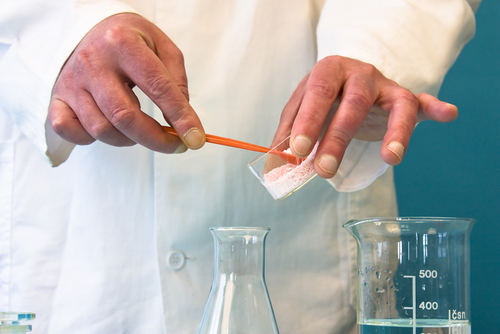 Researchers from Indiana University Bloomington (IU-Bloomington) managed to cure obesity, diabetes and other lipid abnormalities in laboratory animals. More importantly, the researchers also report that are very close to doing the exact same thing in humans.
Researchers from Indiana University Bloomington (IU-Bloomington) managed to cure obesity, diabetes and other lipid abnormalities in laboratory animals. More importantly, the researchers also report that are very close to doing the exact same thing in humans.
According to a press release from the school, the IU scientists and the German Research Center for Environmental Health were responsible for the preclinical trials.
In the study, the researchers observed that a new peptide, the result of a molecular integration of three gastrointestinal hormones, reduced sugar levels in the blood. According to Richard DiMarchi, a professor of chemistry at the school, and Matthias Tschöp from the German Research Center for Environmental Health and director of its Institute for Diabetes and Obesity, this new peptide reduced body fat more effectively than the already existing drugs tested in the preclinical trials.
The preclinical trial progressed the clinical work the team did a year before – a successful and effective treatment diabetes in adults – supported on the combination of two endocrine molecules.
Brian Finan, a researcher at the Helmholtz Diabetes Center, said in a press release: “This triple hormone effect in a single molecule shows results never achieved before. A number of metabolic control centers are influenced simultaneously, namely in the pancreas, liver, fat depots and brain.”
When using these new peptides with triple-hormone properties, researchers verified that body weight could be reduced in 30 percent in rodents models; this is twice as much as they achieved with the double hormone in their previous study.
DiMarchi added in the press release: “This peptide represents the first rationally designed, fully potent and balanced triple agonist ever achieved in the treatment of any disease. The benefits of the previously reported individual co-agonists have been integrated to a single molecule of triple action that provides unprecedented efficacy to lower body weight and control metabolism.”
The researchers explained that, according to their results, when the hormones were tested together, they yielded “unparalleled” results, and when combined, they worked as co-agonists.
Roche, whose researchers served as co-authors of this study, is responsible for clinical trials in humans, which are currently being organized by the company.


